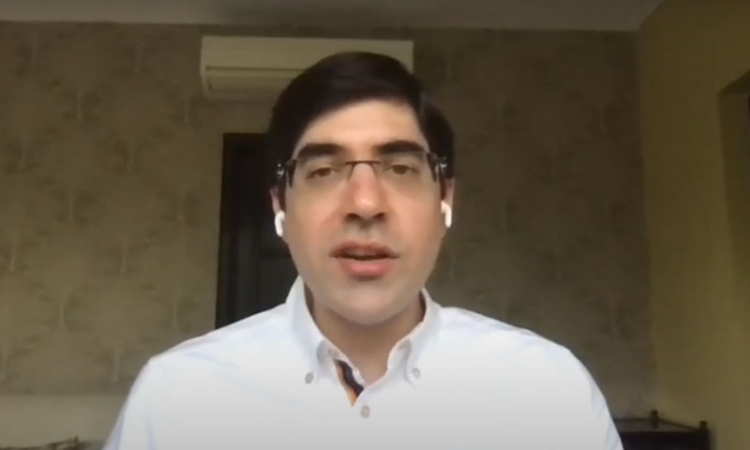More Sinister Attack On Free Speech Happening To Propagate So-Called Nationalism : Sr Adv Akhil Sibal
Mehal Jain
7 Feb 2021 7:55 PM IST

'The attack is on the alternative narrative of dissent which is at the heart of the freedom of speech'
Next Story
7 Feb 2021 7:55 PM IST
